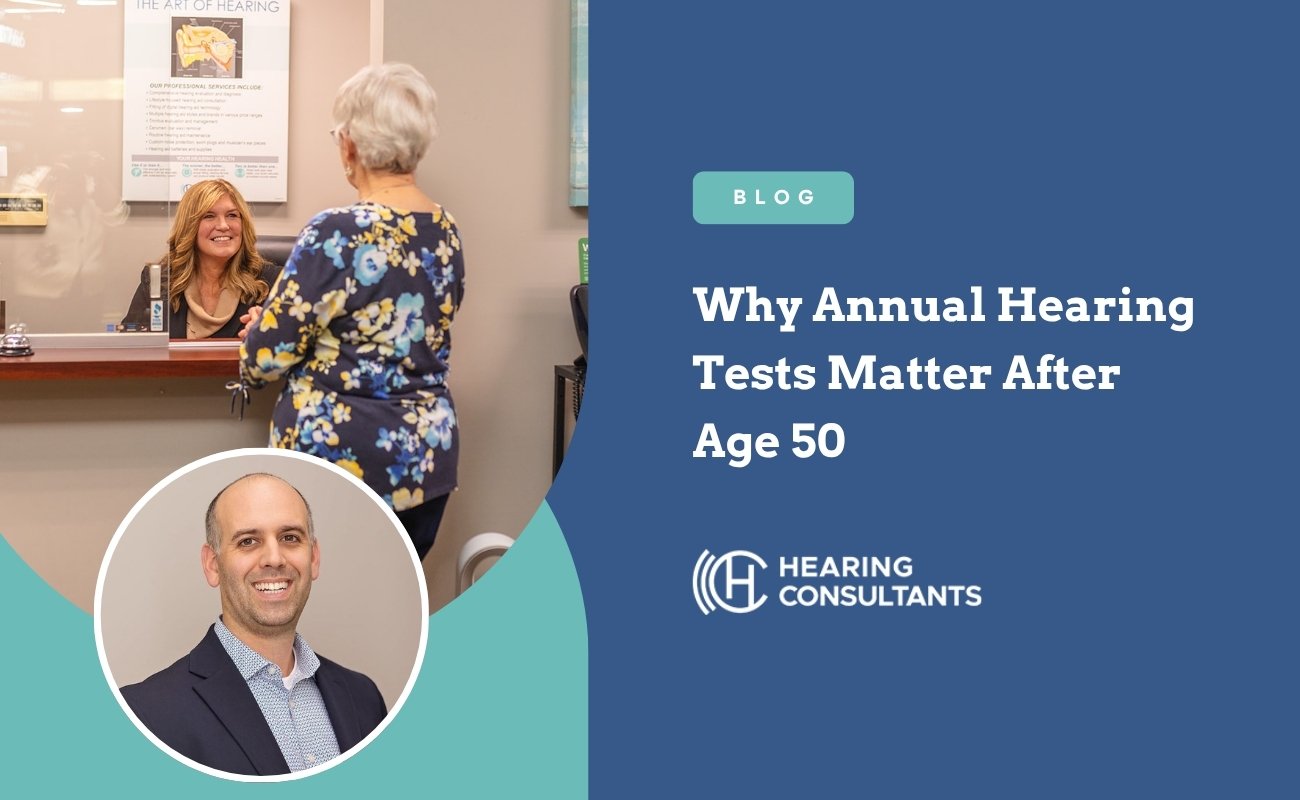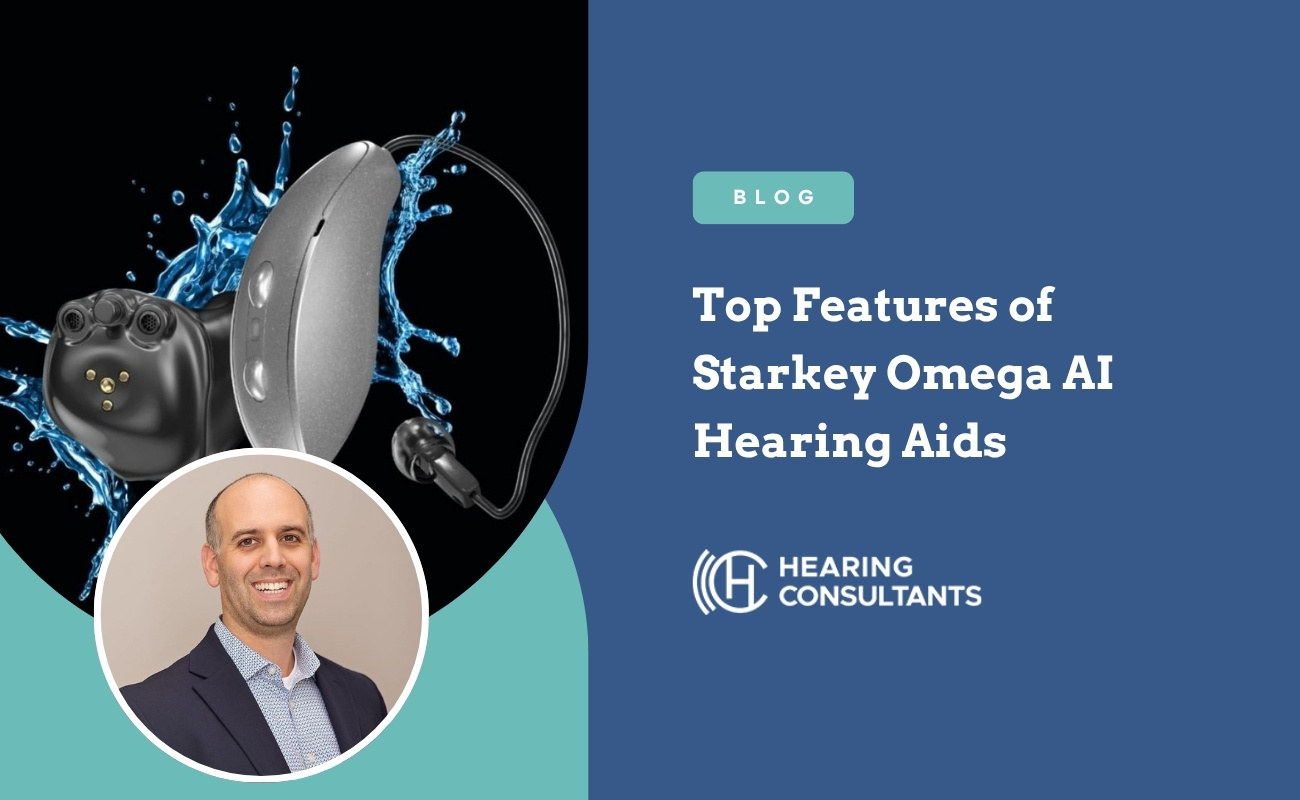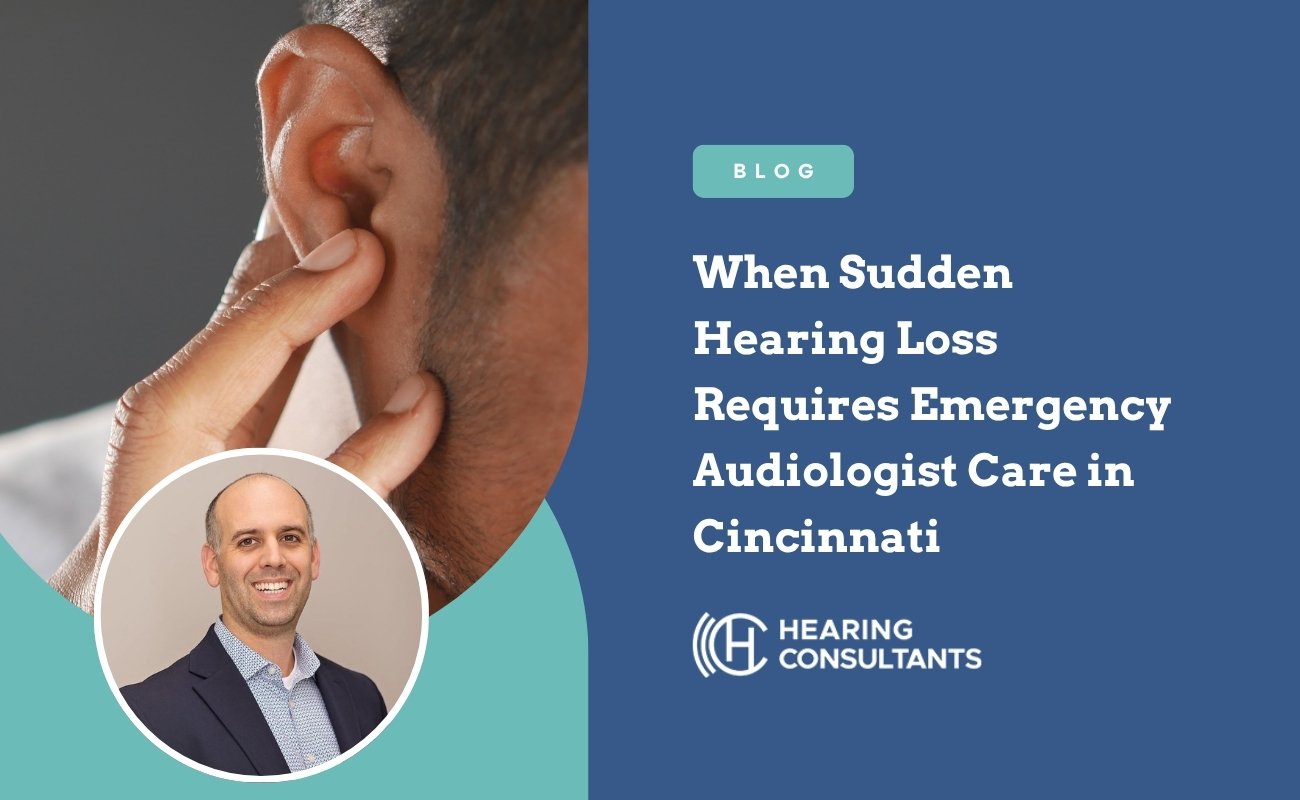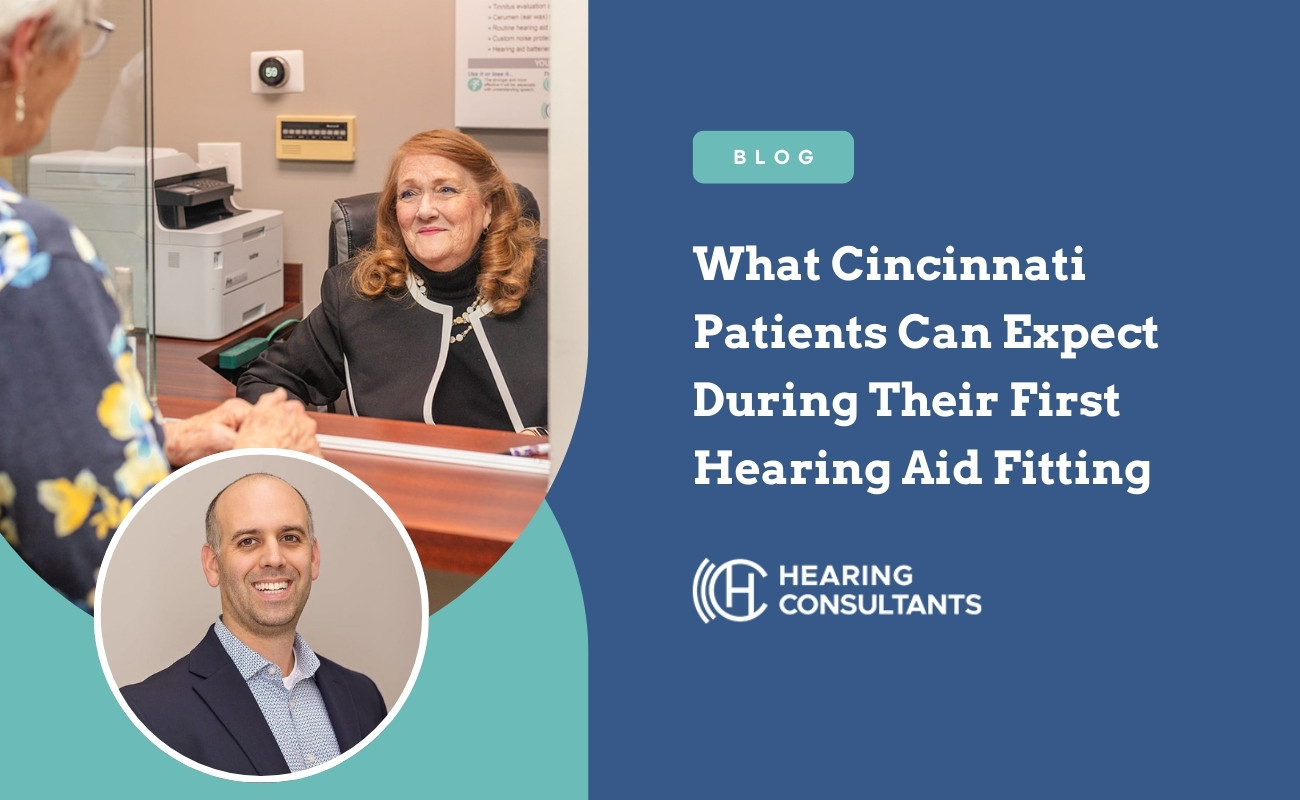How do you know if you have High-Frequency Hearing Loss?
.jpg)
Many people live with high-frequency hearing loss without realizing it. This type of hearing loss makes certain sounds and speech less clear, changing how you experience everyday conversations and sounds. When someone develops high-frequency hearing loss, they often have trouble catching sounds like birds singing, children's voices, or the higher pitches in music.
The impact of high-frequency hearing loss often goes beyond just missing certain sounds. You might find yourself working harder to understand conversations, leading to mental fatigue by the end of the day. Phone calls with friends or family can become challenging, especially when trying to understand softer voices or when there's background noise. In meetings or social gatherings, you may notice yourself leaning forward or watching people's lips more intently to catch what they're saying.
This type of hearing loss typically affects certain speech sounds more than others. Consonants like 's', 'f', 'th', and 'sh' become less distinct, which can make words run together or sound unclear. For example, words like "fish" and "fit" might sound similar, or you might hear "coffee" as "copy." These subtle changes in how you perceive speech can make everyday communication more challenging, though you may not immediately recognize why conversations seem more difficult than before.
Signs You May Have High-Frequency Hearing Loss
Living with this hearing loss can be frustrating. You might catch yourself straining to understand what people are saying, especially in busy places. Phone calls become tricky - the person on the other end sounds muffled, and you find yourself asking them to repeat things. At restaurants, you might focus so hard on following the conversation that you leave feeling mentally drained.
The signs often show up gradually in daily life. You might notice that you're turning up the TV volume more than before, while family members say it's too loud. Those quick exchanges at coffee shops or grocery stores become harder to follow. The high-pitched beep of your microwave or the ding of text messages might go unnoticed.
What Causes High-Frequency Hearing Loss?
Why does this happen? The tiny hair cells in our inner ears that pick up high-pitched sounds tend to be more fragile than others. They can get damaged over time from things like:
- Regular exposure to loud sounds at work or during hobbies
- Natural aging
- Some types of medications
- Certain health conditions
These damaged hair cells can't send sound signals to your brain as well as they used to, which explains why some sounds become unclear while others stay normal. That's why you might hear someone speaking but miss parts of what they're saying - especially those higher-pitched consonant sounds like 's', 'f', and 'th' that give words their clarity.
How High-Frequency Hearing Loss Affects Daily Life
This hearing pattern can really affect your work life too. Video calls might leave you puzzled about what was discussed. Group meetings become an exercise in concentration as you try to catch every word. You might find yourself sitting out of conversations or social events just because keeping up with all the voices feels overwhelming.
Treatment Options for High-Frequency Hearing Loss
Modern hearing aids have gotten remarkably good at targeting just the sounds you need help with. For example, they can boost those tricky high frequencies while leaving other sounds natural. They're smart enough to focus on speech when you're in a noisy place, and many can connect to your phone for easy adjustments.
We carry several leading hearing aid options that can help with high-frequency hearing loss. The Widex Moment, ReSound Nexia, Oticon Intent, Starkey Edge AI, Signia IX, and Phonak Infinio all offer different features to match your specific needs. Each one uses advanced technology to help you hear more clearly in various situations.
Getting your hearing aids fitted properly makes a big difference in how well they work. We use Real Ear Measurements during fittings - this means we actually measure the sound levels inside your ear canal while wearing the hearing aids. It lets us fine-tune the settings specifically for your hearing pattern, making sure you get the right amount of help where you need it most.
If you've noticed signs of high-frequency hearing loss, don't brush them off. Many people wait years before getting their hearing checked, but earlier treatment usually means better results. You might not realize how much sound you've been missing until you get it back.
Taking care of your hearing going forward is just as important. When you're around loud noises - whether it's lawn equipment, concerts, or noisy workplaces - wearing proper hearing protection can prevent more damage to those sensitive hair cells. Keep your music at moderate volumes, and give your ears breaks from loud environments when you can.
Schedule a Hearing Test at Our Cincinnati Office
The first step toward better hearing is finding out exactly what's going on. Our audiologists can test your hearing and show you your results on an audiogram - a chart that maps out which sounds you hear well and which ones need help. If you've been noticing any signs of high-frequency hearing loss, call us to schedule a hearing test. We'll help you understand your options and find the best solution for your lifestyle.
Get in touch with
Hearing Consultants
Contact our clinic to schedule an appointment today!







